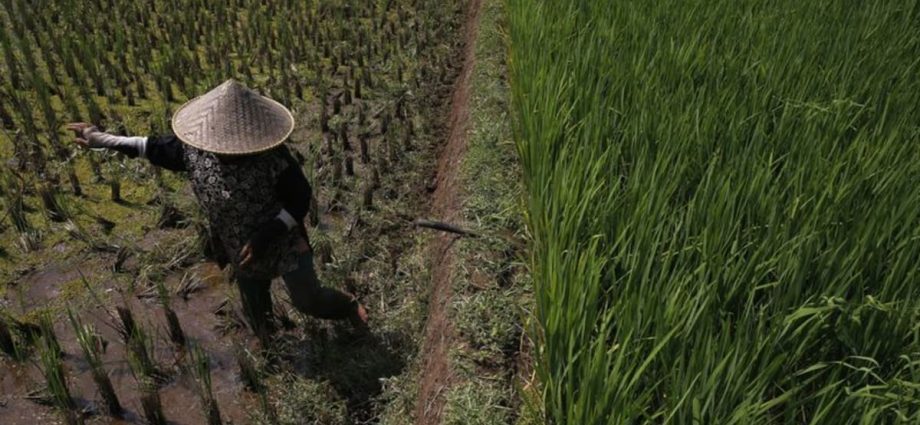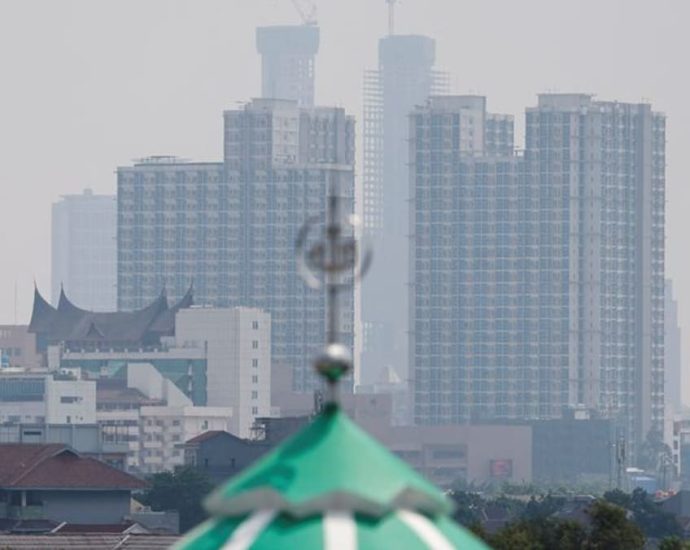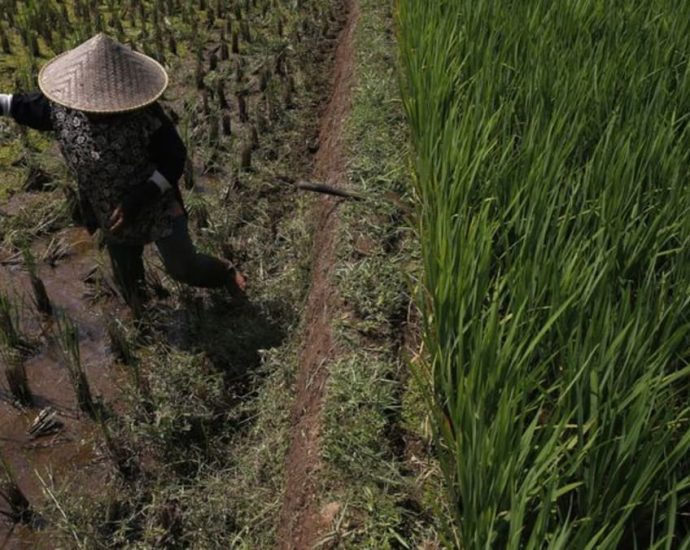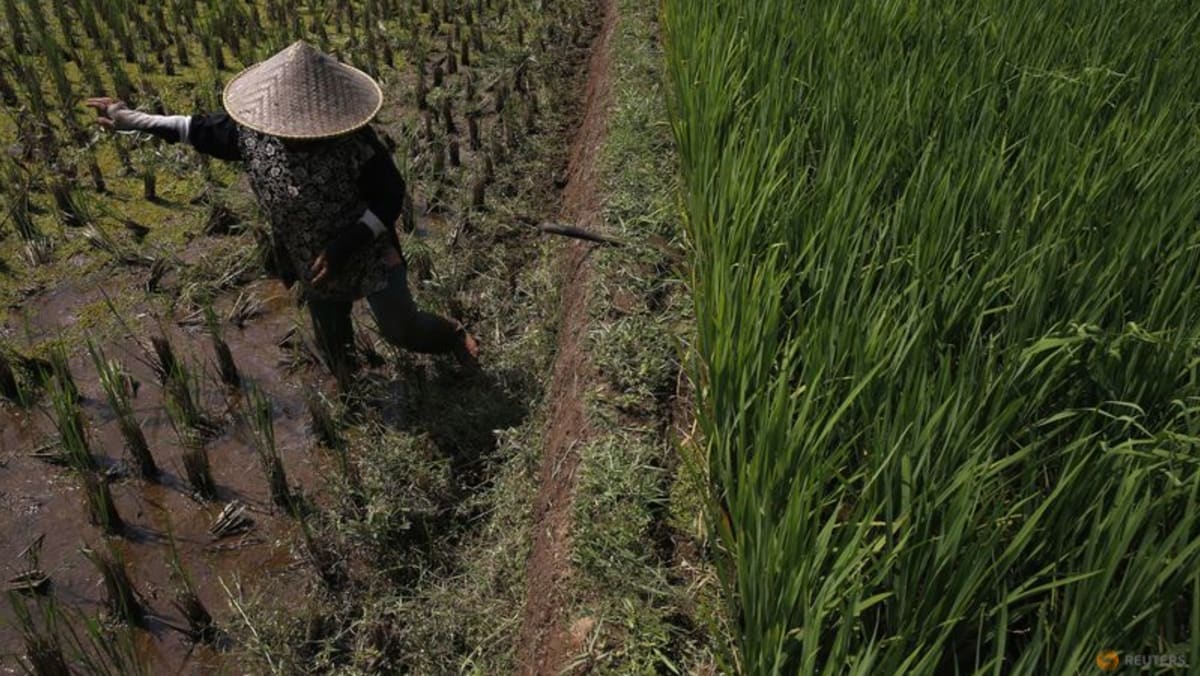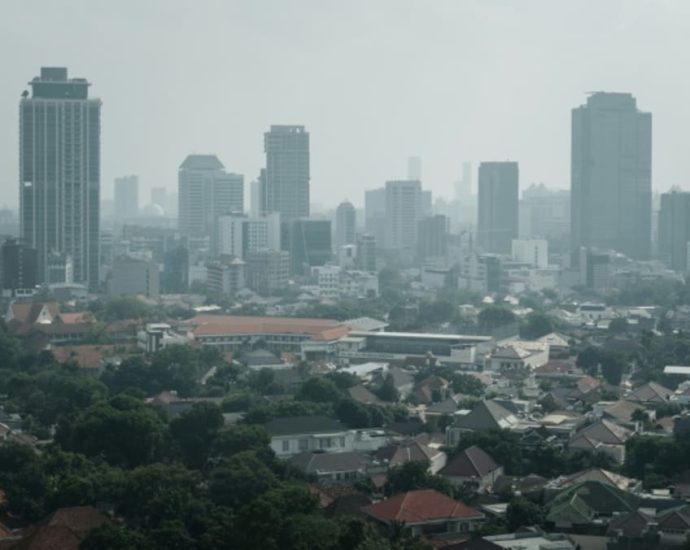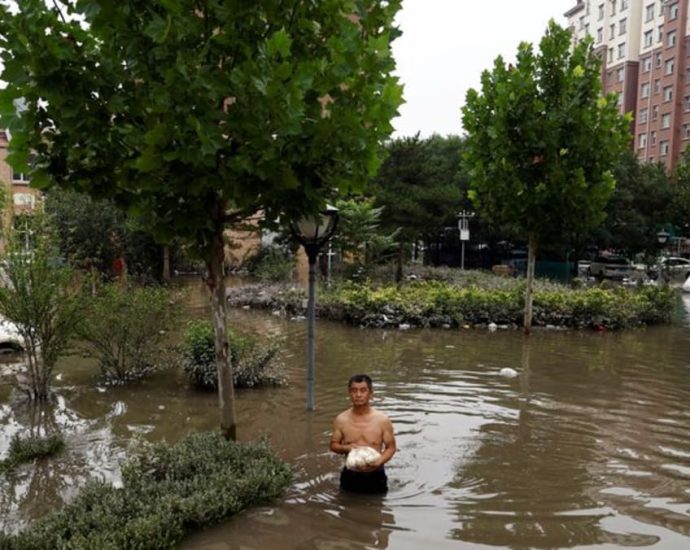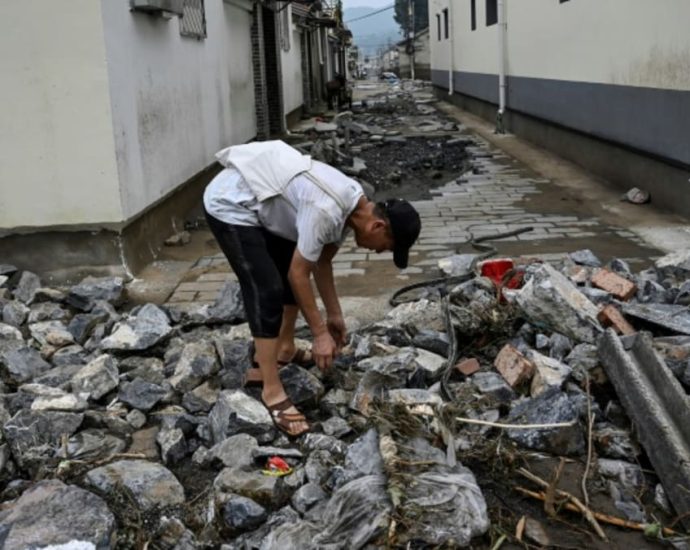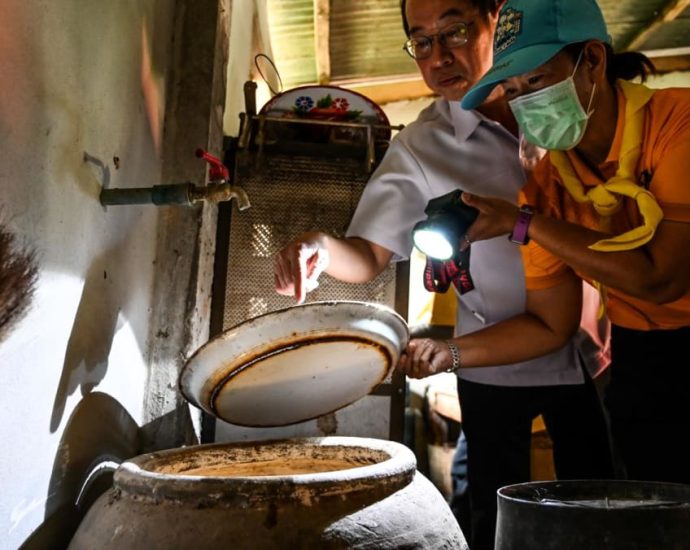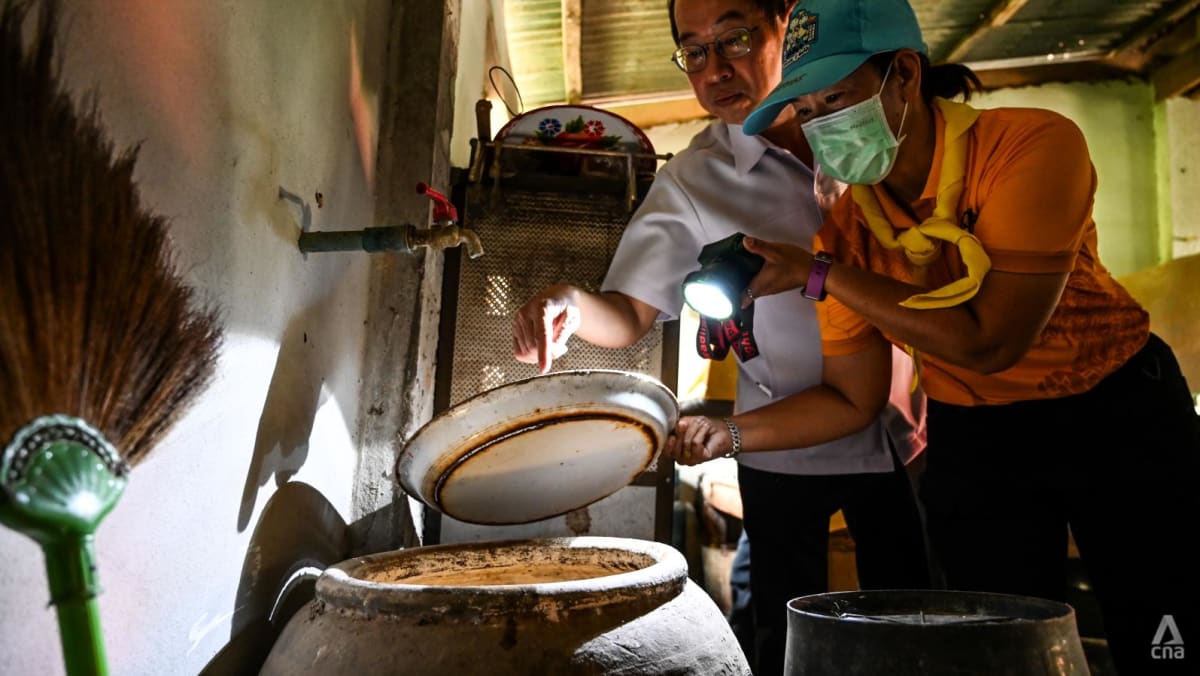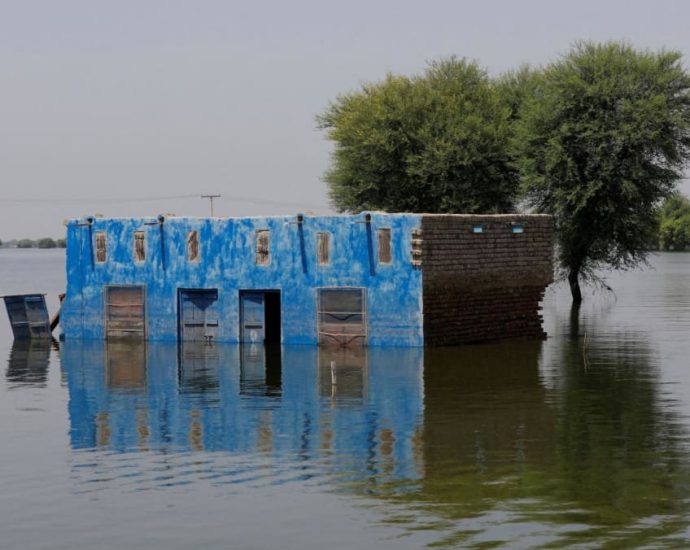From rice to palm oil, Asian crops output forecast lower as El Nino strengthens
India, which accounts for 40 per cent of global rice exports, has curbed shipments, lifting prices to 15-year highs. Australia’s wheat output estimates are being revised lower by analysts for the first time in four years as key growing areas have had insufficient rain in August. “Wheat production is goingContinue Reading

